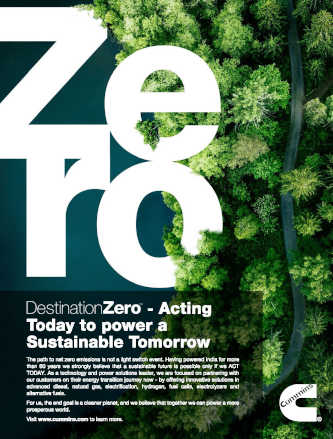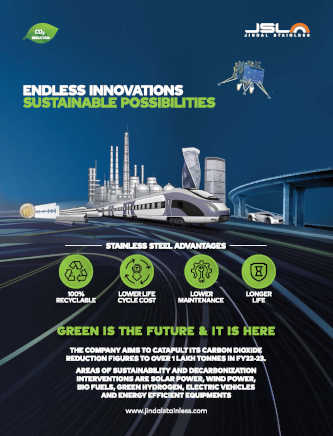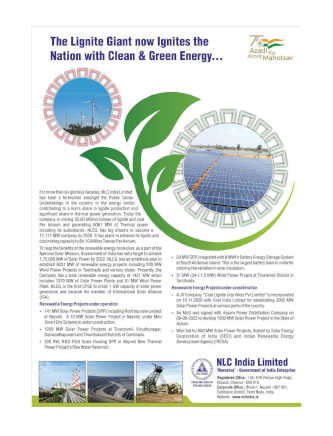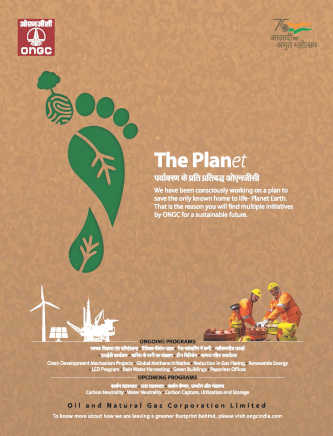Australian scientists and artists are looking to hold the world accountable for the Earth’s future by creating an “indestructible” storage device to record humanity's handling of the climate change crisis. Inspired by an aeroplane’s flight recorder, the “Earth's Black Box” will be built in 2022 on the remote west coast of Tasmania, an area deemed geographically and politically stable, its creators, ranging from marketing communications company Clemenger BBDO to the University of Tasmania, said in a statement. It comes after UN climate talks in Glasgow ended last month with a deal that kept alive hopes of capping global warming at 1.5 Celsius. “Earth’s Black Box is a structure and device that will record every step that humanity takes towards or away from the impending climate catastrophe,” said Jim Curtis, the executive creative director at Clemenger BBDO, which came up with the idea for the black box. He said not only would the box provide the world with a wealth of data on climate change, the information recorded would help hold leaders accountable and leave lessons for future generations. “If the worst is to happen and as a civilisation we crash as a result of climate change, this indestructible box will be there and will record every detail of that,” Curtis said. “So whoever’s left, or whoever finds it afterwards, learns from our mistakes.” The 10-metre-long steel monolith was designed to withstand natural disasters and will be powered by solar and thermal energy. The device, which will be connected to the internet, will use an algorithm to regularly scrape data relating to climate change using a set of 500 metrics and will store it automatically. It will be filled with storage drives containing climate-change related data such as average temperatures and global energy consumption. “The box will act as an indestructible and independent ledger of the 'health' of our planet,” Jonathan Kneebone, artist and director of the artistic collective Glue Society, which is involved with the project, told CNN. “And we hope it will hold leaders to account and inspire action and reaction in the broader population.” While the box's construction won't yet be completed until next year, hard drives have already begun recording algorithm-based findings and conversations. The steel monolith will document all climate-related conversations and artefacts from the past, present and future including land and sea temperature changes, ocean acidification, the amount of greenhouse gas in the atmosphere, human population, energy consumption, military spending, policy changes and more. According to its makers, the box will be packed with storage drives and will constantly be downloading scientific data from the internet, which will be powered by the structure's solar panels and battery storage. Developers estimate the black box has the capacity to store enough data for the next three to five decades, and are continuing its research to grow its storage capabilities beyond story archiving and data compression. Kneebone said the creators are still trying to figure out who would be able to use the box in the far-off future, since gaining access to it is designed to be difficult and would require advanced technologies.
-

The box will provide the world with a wealth of data on climate change, and help hold leaders accountable and leave lessons for future generations























